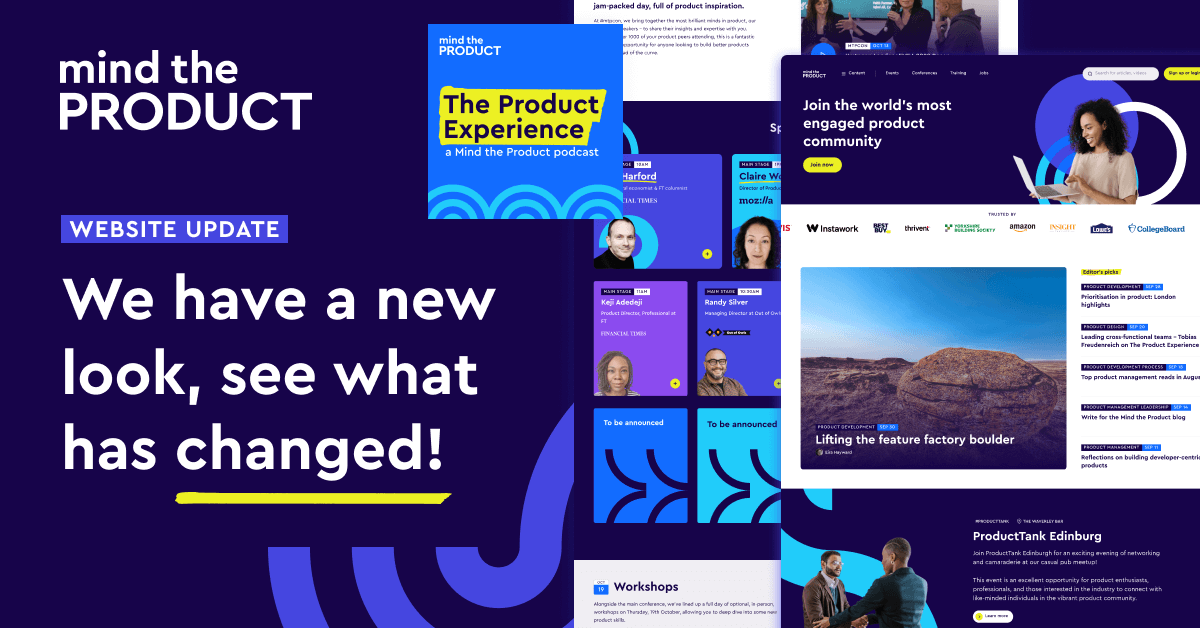Every early-stage consumer startup spends most of its energy figuring out how to grow something really small to something really big. It is hard gain momentum from a standing start, so a lot of people look for distribution on top of another established platform, like Facebook, Instagram or Twitter. However, founders often ask whether if it’s smart – and safe – to do this. No question, these platforms can offer massive distribution, but the fear is that the platform could change without warning, and teams could end up wasting precious time before they get a chance to get it right or reap the benefits if they do.
In this talk, I share my thoughts on how to approach building on platforms and how to get the most out of them on the way to independence.
Should startups build on top of a platform? Yes (as long as they know what they’re in for)!
Founders should not be afraid of building on top of other platforms. Platforms offer startups access to a massive user base and distribution which can help accelerate their business to achieve goals quicker, but it’s important to build their product to be independent. For example, Instagram grew quickly by making it easy to post photos on Facebook and Twitter, but leveraged that to become a destination that users visited everyday. Dubsmash integrated with Whatsapp and Facebook Messenger for easy distribution, creating a viral share loop.
But why do companies open their platform in the first place?
Opening a platform helps a company reach their goals faster. They get other companies and developers to build features into their products, and makes their product overall more meaningful in user’s lives. And this creates a powerful platform effect for the company too.
For you, it can be a win-win platform model
Remember, this is a partnership so each side has something valuable to bring to the table. It’s win-win situation as long as founders remember that platforms are not there to help build their company, but to grow their own business. Take the acceleration, but never get too comfortable.
Most importantly, startups should remember that the core user base should always come through their front door. Platforms will eventually change and shift so those users are the ones that matter the most.






Comments 0